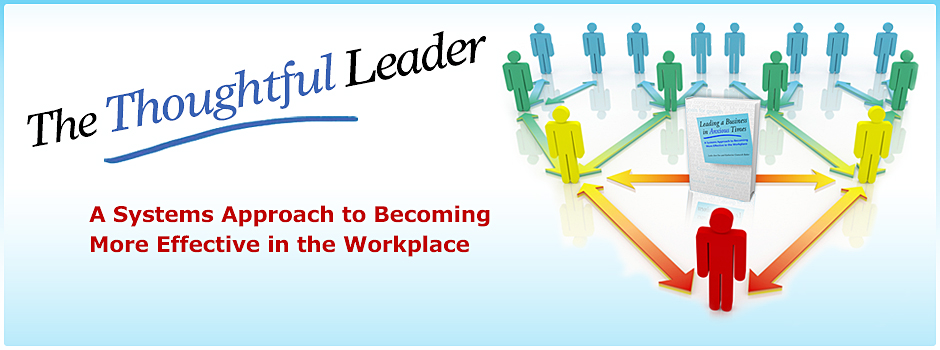I’ve been reading reviews recently about Sheryl Sandberg’s new book, Lean In: Women, Work, and the Will to Lead (Knopf 2013), and I’m sure you’ve been reading them too. How could you have missed them! This book has had a major pre-publication blitz, including a TIME cover story, and the launch of a substantial website that encourages women to form Lean In Circles where they can support each other as they learn to take leadership. These Circles also have discussion guides for managers.
Sandberg has an impressive resume and has been ranked one of the 50 “Most Powerful Women in Business” by Fortune magazine since 2007. She has been COO of Facebook since 2008, and last year she was elected to Facebook’s board of directors. She should certainly know something about leadership. And she does. Lean In is her personal story, but it is also a call to arms for women to step up and take more leadership roles in the wider world of work. Some people have called Sandberg the “Betty Friedan of 2013,” the next pivotal figure in feminist history.
Sandberg dedicates the book to her parents “for raising me to believe anything was possible” and to her husband “for making everything possible.” She clearly knows that leadership starts in the family, and as the oldest sibling of three, she apparently started honing her leadership skills with her younger brother and sister at an early age. The book has a number of inspiring chapters that encourage readers to “speak your truth,” learn to give and get feedback effectively, use humor and get what you want. But from my point of view, it is missing a real theory of leadership. What is leadership about and what does it require in terms of self-understanding and relationship building?
Stepping up and speaking out are fine, if you know what you are stepping up to, and what solidly grounded values-based message you are speaking. Can you understand and manage the anxious reactivity of co-workers while understanding and managing your own anxiety about taking the interpersonal risks that leadership requires? Those of you who have been learning “systems-based leadership” know that this is a challenging long-term undertaking. Highly differentiated leadership moves us behind the traditional focus on individual leadership characteristics toward a wider systems view of the workplace.
Perhaps some of us should join Sandberg’s Lean In Circles and introduce participants to systems-based leadership. What do you think?
Katharine G. Baker, PhD
